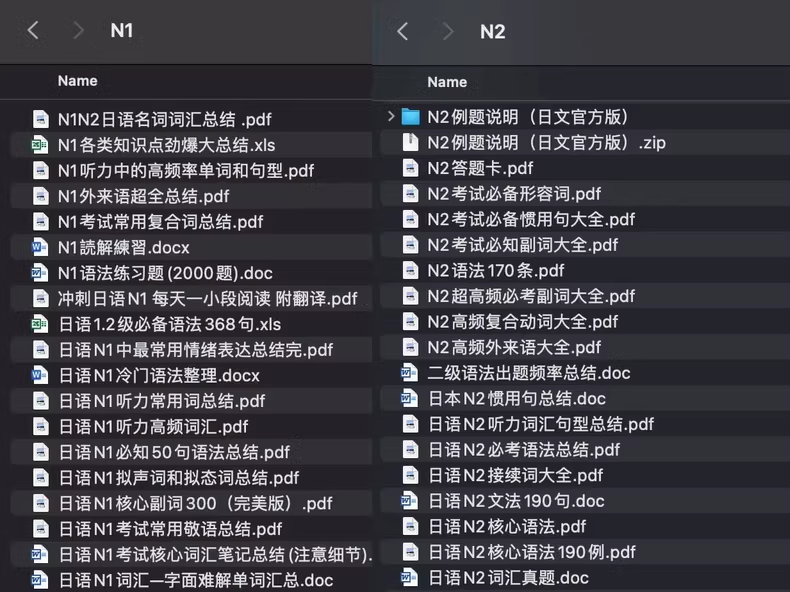Includes N1, N2, N3, New Standard Japanese, and Japanese Zero Basic.
Courses
What are the ways to learn Japanese?
Learning Japanese can be done in a variety of ways, so choose the method that suits your individual learning style and needs. It is important to remain patient and persistent as language learning is a gradual process. Combining a variety of learning methods and creating an appropriate study program based on your personal learning style and interests will help you learn Japanese more effectively.
1. Classroom learning: Attending a formal Japanese language program, either online or at a traditional brick-and-mortar school, provides a systematic study of Japanese grammar, vocabulary, and listening, reading, and writing skills.
2. Self-study textbooks: Systematic learning through self-study books using specially designed Japanese textbooks, such as Minna no Nihongo and Genki. These textbooks usually contain practice questions, dialogues and cultural background.
3. Language exchange: Participate in language exchange activities to learn from each other and Japanese native speakers, which can be realized through online language exchange platforms or local language exchange groups.
4. Listening practice: Listen to Japanese audio, such as Japanese songs, radio stations, and Podcasts, to improve listening comprehension. This is helpful in developing both listening and speaking skills.
5. Using language learning apps: There are many mobile apps that can help with learning Japanese, such as Duolingo, Rosetta Stone, HelloTalk, etc., which provide an easy and fun learning experience.
6. Watching Japanese movies and TV dramas: By watching Japanese movies and TV dramas, you can not only improve your listening skills, but also learn about Japanese culture and spoken expressions.
7. Reading Japanese books: From simple children's books and comics to Japanese literature, gradually increase the difficulty of reading and expand your knowledge of vocabulary and grammar.
8. Participation in language learning communities: Participate in Japanese language learning communities online or offline to exchange experiences and share learning resources with other learners, and receive mutual support and motivation.
9. Mnemonics and flashcards: Make memory cards with Japanese words and phrases to help memorize and review.
10. Regular practice: Regular practice in the Japanese language, whether it is communicating with others, writing in a diary, or participating in a Japanese language corner, reinforces what you have learned.





Comments (0)